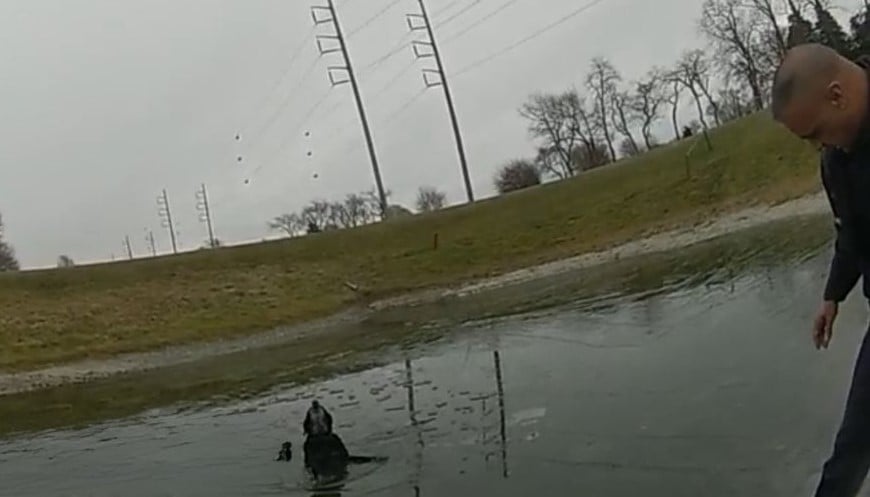Rhode Island Audubon Society recognizes World Snake Day with public education initiatives
BRISTOL, R.I. (WLNE) — The Audubon Society in Bristol has been celebrating snakes.
As snake populations in Rhode Island dwindle, dispelling fears about them is critical to their survival, and World Snake Day was designed to do just that.
Snakes may not be everyone’s cup of tea, but like it or not, they’re essential to the ecosystem.
The Audubon Society of Rhode Island has made the most of World Snake Day to raise awareness of these crucial creatures.
“What Audubon is trying to do for World Snake Day is really about dispelling that fear of snakes and gain an appreciation of these amazing creatures and how important they are in our ecosystem,” Public Program Educator Kaylee Finch said.
The fear of these charismatic crawling friends is unwarranted in Rhode Island, as, of the 12 species currently in the Ocean State, none are venomous, as the timber rattler was hunted to extirpation more than 50 years ago. The only timber rattlers left in Rhode Island are at Roger Williams Park Zoo.
All remaining snakes in Rhode Island are harmless to people. “If you see them, they’re all very scared of people so they’re not going to go after you, they’re not going to go chase you or bite you,” Finch said. The best thing to do if you see a snake is to just leave it alone.
The Audubon Society Bristol location has Marty the ball python as an animal ambassador. Although he is native to Central and Western Africa, he was hatched in Rhode Island and is used to help dispel the negative attitudes towards snakes as part of the Snake Week educational program.
“Local species of snakes are declining a lot, are threatened or vulnerable, and there are a few endangered species that live around here,” Finch said. “So, it’s important to build that kind of awareness of how important they are and the conservation of them.”
Snakes contribute to the ecosystem by providing pest control, as their diet is primarily rodents, specifically rats and mice.
Alternative methods of pest removal are poisonous and are contributing to dwindling numbers.
Rodenticides, habitat loss, vehicle collisions, and people killing snakes out of fear are the main factors in their decline.
“If you see a snake, just remember they’re not going to harm you,” Finch said. “And allow them to exist in our ecosystem and do their vital role.”
Those interested in doing a little extra to help the snakes can make a habitat for them by making a leafy pile of brush in their yard. Then leaving it alone.
For more information and conservation ideas, visit the Audubon online at ASRI.ORG.



